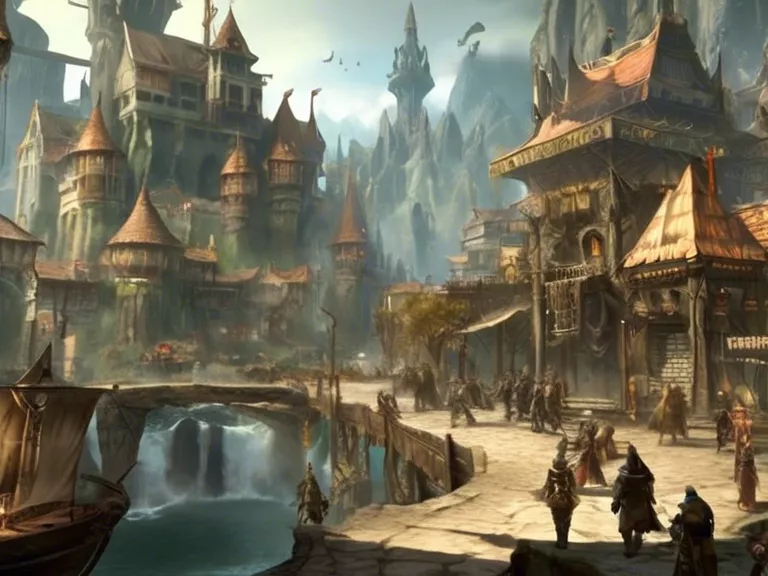
With the rapid advancements in artificial intelligence technology, NPCs (non-player characters) in open-world games are becoming smarter and more responsive than ever before. AI algorithms are being used to create NPCs that can adapt to player actions, make decisions based on their surroundings, and have more lifelike behaviors. This enhanced level of intelligence is leading to a more immersive gaming experience for players in open-world games.
One of the key ways AI is making NPCs smarter is through machine learning algorithms. These algorithms analyze player behavior and use that data to improve NPC decision-making in real-time. For example, if a player consistently chooses a certain strategy, the AI can adapt the NPC behavior to counter that strategy. This creates a more dynamic and challenging gameplay experience for the player.
Additionally, AI is being used to give NPCs more realistic responses to the player's actions. NPCs can now react to a wider range of stimuli, such as changes in the environment or the player's emotional state. This makes interactions with NPCs more engaging and lifelike, as they can respond in ways that feel more natural and organic.
Furthermore, AI is being used to create more complex and nuanced NPC behaviors. NPCs can now exhibit traits like autonomy, curiosity, and emotional intelligence, making them feel more like real characters in the game world. This level of sophistication in NPC behavior adds depth to the game world and enhances the overall storytelling experience.
In conclusion, AI technology is revolutionizing the way NPCs are designed in open-world games. By making NPCs smarter and more responsive, AI is creating a more immersive and engaging gaming experience for players. As AI continues to evolve, we can expect to see even more realistic and dynamic NPCs in future open-world games.



